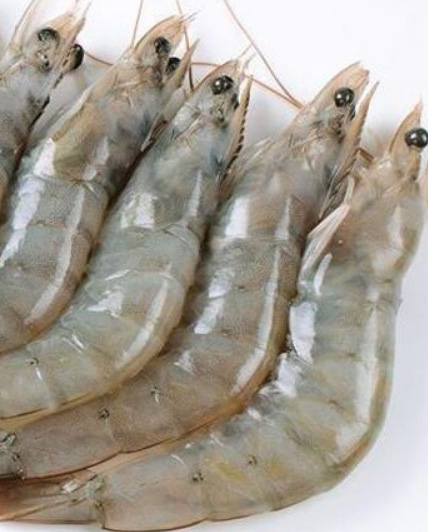Bhubaneswar: Shrimp exporters from Odisha are poised to gain a significant advantage following the European Union’s recent decision to approve 102 new Indian fishery establishments for export to its member countries. This development is being viewed by the seafood industry as a timely and substantial boost, particularly for coastal states heavily involved in aquaculture like Odisha.
The expansion of approved facilities signals a renewed confidence from the EU in India’s stringent food safety, quality assurance, and traceability mechanisms, which are overseen by the Export Inspection Council. This validation of compliance with rigorous international standards is expected to open up wider market access for Odisha’s major marine products, which include farmed varieties such as Vannamei (Whiteleg) shrimp.
The benefit is especially strategic for Odisha, which has been seeking to diversify its export markets amid significant trade headwinds. The state’s seafood exporters, who contribute substantially to its overall marine exports, have faced challenges, including high tariff hikes imposed by the United States, traditionally a major destination for their frozen shrimp products. The EU market, known for its high value and quality sensitivity, offers a crucial alternative, allowing exporters to mitigate risks associated with over-reliance on a single country.
A prominent company frequently mentioned in connection with Odisha’s seafood exports and one of the largest in the country is: Falcon Marine Exports Ltd.: This company has multiple processing units in Odisha (Paradip, Bhubaneswar, Khantapada) and is a key player in the frozen shrimp sector, including the Black Tiger and Vannamei varieties. As a major established exporter, it is positioned to scale up operations for the EU market.
Ultimately, the increased demand from the processing units benefits the entire supply chain. Thousands of small and medium-scale shrimp farmers in the coastal districts of Balasore, Bhadrak, Puri, and Ganjam will benefit from stable and higher procurement prices for their farmed Vannamei shrimp as exporters look to fulfill large EU contracts.
Industry leaders and trade bodies anticipate that the increased number of approved processing units will allow for greater export volumes to the EU, potentially boosting the sector’s foreign exchange earnings and generating employment in coastal communities. Officials from the state government and the Marine Products Export Development Authority are keen to capitalize on this opportunity by supporting exporters in maintaining quality and enhancing cold chain logistics to meet the heightened demands of the European market.


